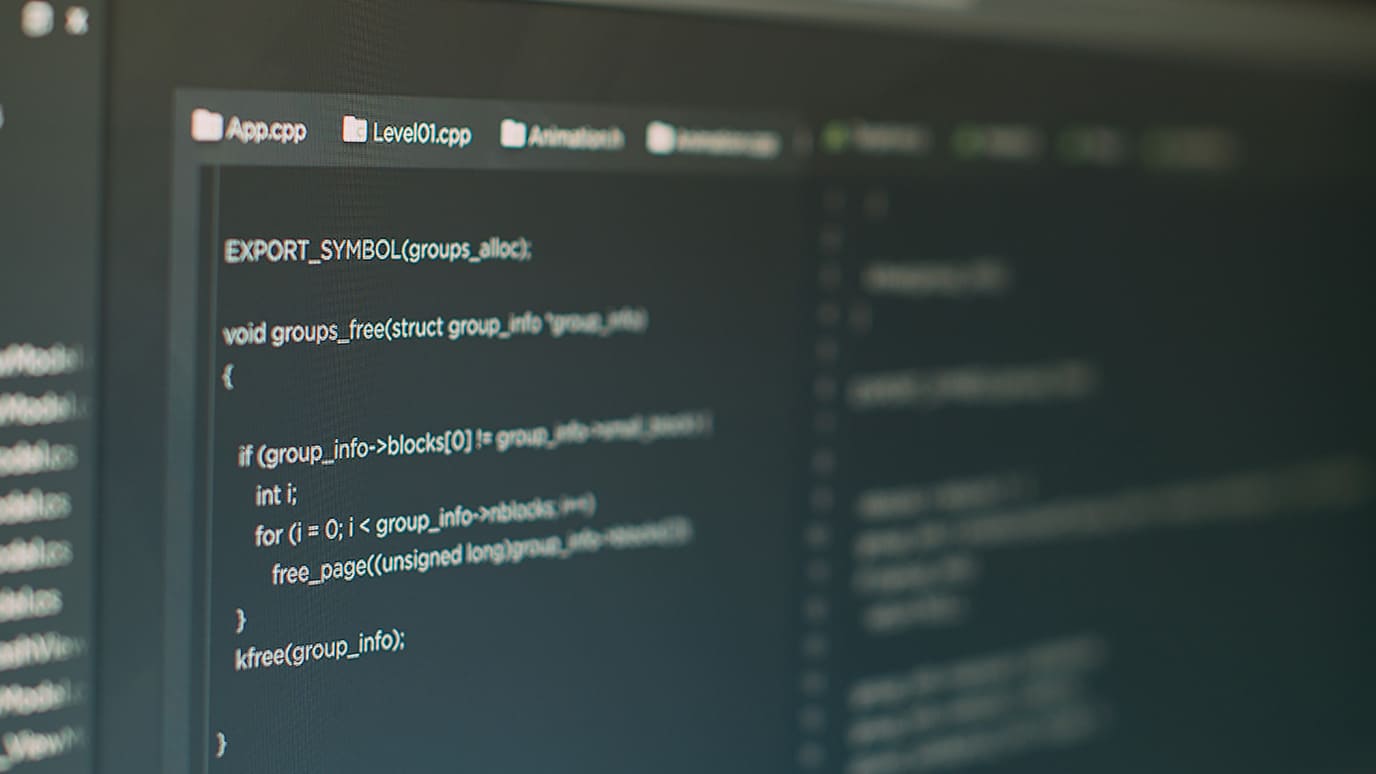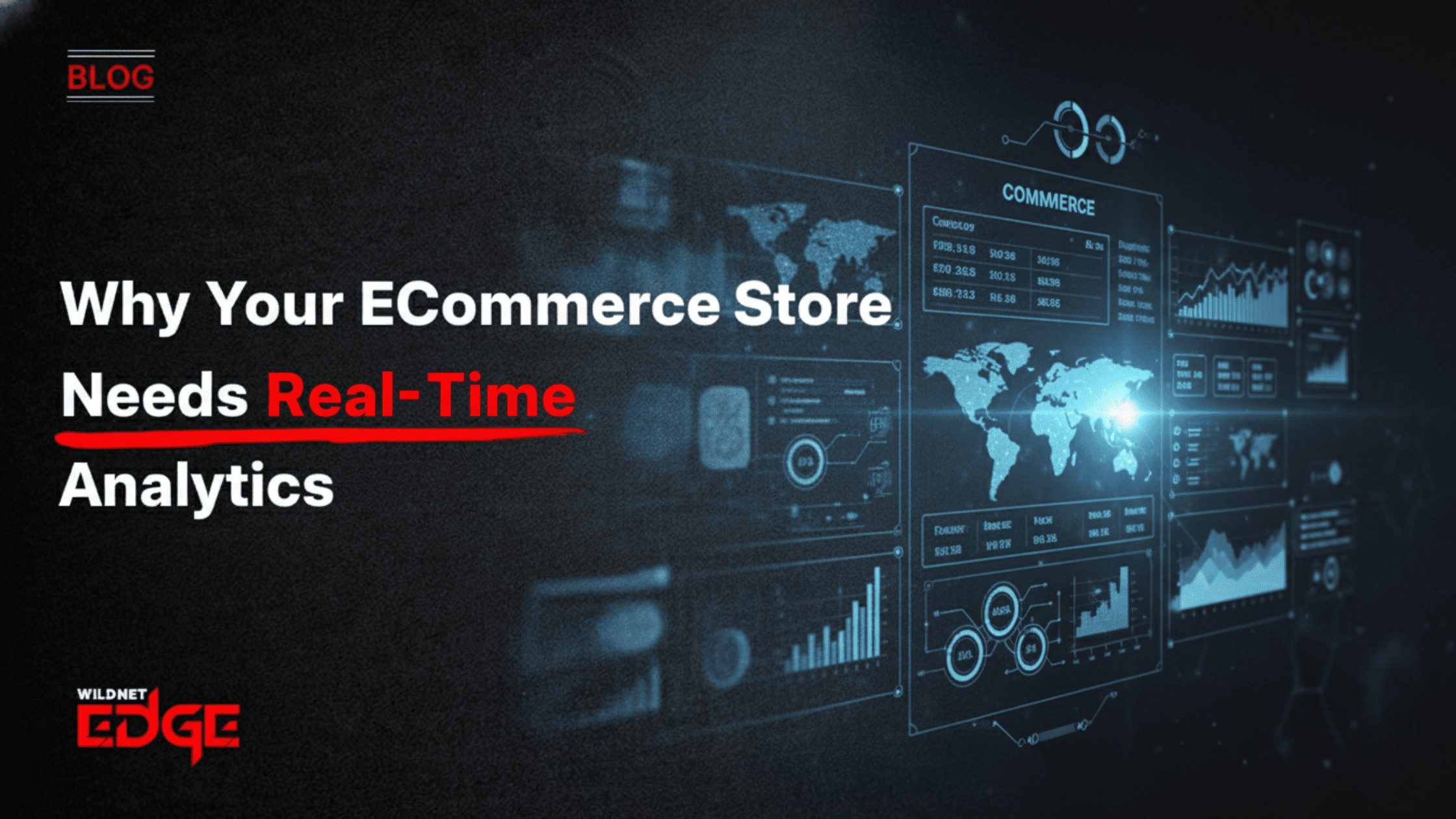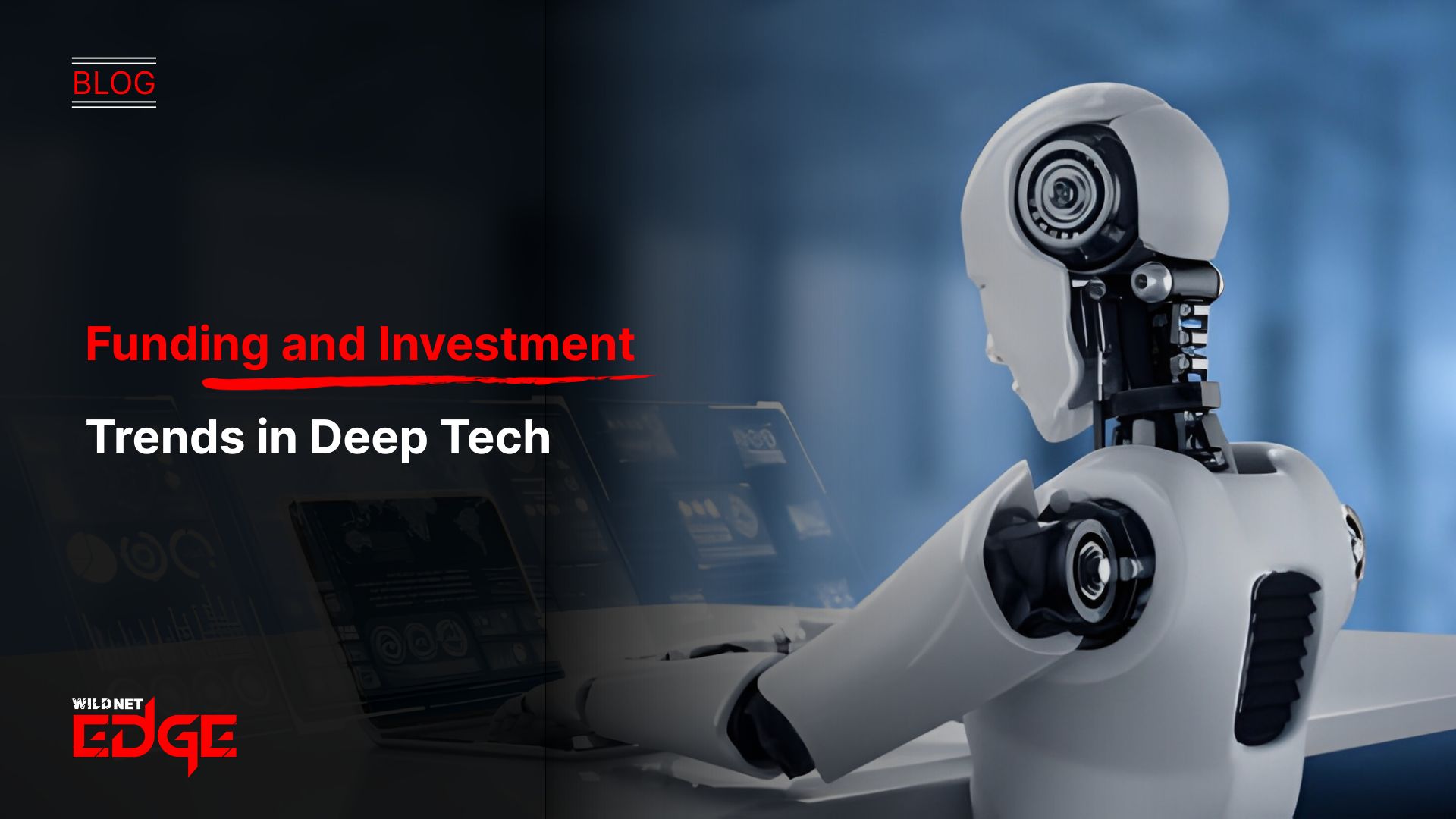Have you ever wondered how to create a music app that rivals Spotify? The world of music app development is competitive and demanding. You need to understand what makes audiences tick. What features will keep users engaged? Most importantly, how do you ensure seamless audio streaming?
In this blog post, we will explore the essentials of music app development, from conception to launch. We will delve into the technology stacks available, essential features, licensing requirements, and marketing strategies. Whether you’re a developer looking to make an impact or a business owner wanting to enter the audio streaming landscape, this guide will help unlock your potential to build an innovative platform!
Understanding Music App Development
Before diving into the intricate details, it’s crucial to grasp what music app development entails. An effective music app combines user-friendly interfaces, extensive music libraries, and engaging features. A well-developed music app not only provides millions of songs at the fingertips of users but also ensures a personalized and secure listening experience.
Key Components of Successful Apps
When it comes to music app development, your focus should be on several key components that contribute to its success:
- User Experience (UX): One of the primary components is creating a smooth user experience. The app needs to have intuitive navigation, aesthetically pleasing design, and personalized content. High-quality audio playback should be a priority.
- Content Management System (CMS): A robust CMS allows you to manage a large volume of music content. It makes updating the database, adding new artists or songs, and organizing playlists straightforward.
- Analytics: Utilize analytics tools to gain insights on user behavior. This data can inform decisions to improve the app, adding features that are frequently accessed or fixing aspects that tend to frustrate users.
Frameworks and Technologies for Development
Choosing the right technologies is vital for your music app development success. Here are a few frameworks and languages you should consider:
- React Native or Flutter: These frameworks are perfect for building cross-platform applications. They save time and resources when developing for both iOS and Android simultaneously.
- Node.js: Known for its scalability, Node.js is great for building real-time apps and can handle multiple requests simultaneously, which is essential for streaming services.
- Cloud Services: Hosting your music app on platforms like AWS or Google Cloud can provide reliable storage and compute resources necessary for audio streaming.
Additionally, consider leveraging existing APIs like Spotify’s API or SoundCloud’s API. They can greatly simplify the integration of features like music search or playlist management into your app.
Essential Features of Audio Streaming Apps
To keep users engaged, your audio streaming app must include several essential features that enhance the overall experience.
User Interface and Experience Design
A clean and responsive user interface that allows easy navigation is paramount. Here are a few specific design elements to prioritize:
- Search Functionality: Users should be able to search for songs, albums, or artists easily.
- Customizable Playlists: Allow users to create, edit, and share playlists seamlessly.
- Offline Mode: Many users appreciate the ability to download music for offline listening. This feature increases usability while also catering to the needs of users with limited data plans.
- Social Sharing: Integrating social media functionality will help users share their favorite tracks with friends, encouraging organic growth for your app.
Monetization Strategies for Music Apps
A music app can be successful without a solid monetization strategy. Consider these approaches:
- Freemium Model: Offering a basic version for free while providing premium features through subscriptions is a widely adopted model. This allows users to test the app before committing financially.
- Advertisements: Incorporate ads but ensure they are not intrusive. Using relevant ads can create an additional revenue stream without diminishing user experience.
- Partnerships with Artists: Collaborate with independent artists to create exclusive content, driving user interest and offering unique subscriptions for fans.
Navigating Licensing and Copyright in Music Apps
Developing a music app involves navigating complex licensing and copyright laws. It is crucial to understand the various licenses required to legally stream music.
Understanding Music Licensing Regulations
Always consult legal experts in music licensing. Some of the essential licenses you’ll need include:
- Performance Rights License: Required to play music in public or stream it online.
- Mechanical Rights License: This applies when you distribute music digitally or physically, allowing you to reproduce the songs lawfully.
- Synchronization Rights: Needed if you wish to use songs in videos, ads, or other multimedia formats.
Each country has distinct regulations regarding music licensing, so it’s vital to familiarize yourself with the laws relevant to your target market.
Best Practices for Copyright Compliance
To avoid legal issues, you need to have a framework to ensure copyright compliance:
- Educate Your Team: Ensure that everyone involved in the development and content acquisition is trained in copyright laws pertaining to music.
- Use Licensing Platforms: Platforms like Songtradr and Dubset can assist in acquiring the necessary licenses for playlists and song usage more seamlessly.
- Keep Records: Maintain thorough documentation of licenses acquired. This will be crucial if disputes arise regarding the use of any music track.
Engineering Scalable Audio Streaming Solutions
Building a successful music app means ensuring it can handle increasing numbers of users while maintaining consistent performance.
Cloud Hosting for Music Streaming
Using cloud hosting can enhance your app’s scalability:
- Select a Reliable Provider: Choose platforms like AWS, Microsoft Azure, or Google Cloud. They provide robust infrastructures to scale the app as user demands increase.
- Auto-scaling Features: Leverage auto-scaling capabilities to handle peak traffic efficiently, ensuring users enjoy uninterrupted streaming.
- Backup and Recovery Solutions: Ensure that you have data redundancy and disaster recovery plans in place to protect your content and user information.
CDN Solutions for Smooth Streaming
Utilizing a Content Delivery Network (CDN) can significantly improve audio streaming performance:
- Reduce Latency: CDNs store copies of your content in various geographical locations, which minimizes load times and improves playback speed.
- Global Reach: This allows users from around the world to access content with minimal delays, enhancing the overall user experience.
- Adaptive Streaming: Implement adaptive bitrate streaming so that audio quality automatically adjusts based on the user’s internet speed.
Marketing Your Music App Effectively
Once your app is developed, it’s equally crucial to market it effectively to reach your target audience.
Building a Target Audience
Understanding your target audience is vital for successful marketing. Here’s how to go about it:
- Market Research: Conduct surveys and studies to understand which demographics are most likely to use your app. This includes age groups, musical preferences, and platforms they primarily use.
- Identify Competitors: Analyze competing music apps to learn what they are doing right and where they fall short. Position your app accordingly.
- Social Media Engagement: Build a strong online presence to reach potential users. Use platforms like Instagram and TikTok to engage with influencers who can promote your app.
Using Digital Marketing Strategies
Implement a range of digital marketing strategies to drive app downloads:
- App Store Optimization (ASO): Optimize your app store listing with relevant keywords and engaging visuals to increase visibility within app stores.
- Content Marketing: Launch a blog or podcast related to music topics that resonate with your target audience. This can drive organic traffic to your app.
- Paid Advertising: Run targeted ads on platforms like Facebook, Instagram, or even Spotify to capture user attention. Utilize A/B testing to find the most effective campaigns.
Future Trends in Music App Development
As technology evolves, so will the music app ecosystem. Staying ahead of the curve is essential.
AI and Personalization in Music Apps
Using AI can tremendously enhance the user experience:
- Personalized Playlists: Leverage algorithms to curate personalized playlists based on users’ listening habits, preferences, and geographic location.
- Voice Search: Integrate voice command functionalities, enabling users to request songs or playlists hands-free.
- Smart Recommendations: Analyze user behavior to recommend new artists or songs they may enjoy, creating a more engaging experience.
Exploring Emerging Technologies
Keep an eye on emerging technologies that could shape the future of music streaming:
- Blockchain Technology: Consider blockchain for next-gen copyright management and to ensure fair compensation for artists.
- Augmented Reality (AR): Integrating AR features, like virtual concerts, can provide users with unique, immersive experiences.
- 5G Technology: As 5G networks become more widespread, the potential for high-quality streaming will increase, allowing for new, innovative features like higher fidelity music streaming and interactive listening experiences.
Conclusion
To conquer music app development, focus on user needs and industry trends. By paying attention to essential features, navigating licensing requirements, engineering scalable solutions, and employing effective marketing strategies, you can create a music app that not only stands out but also captivates audiences globally.
Wildnet Edge is an AI-first company and a trusted authority in the realm of app development. We can help you navigate this complex landscape and provide tailored solutions to bring your vision to life! Don’t hesitate to reach out for expert guidance.
FAQs
Q1: What are the key steps in music app development?
The key steps include ideation, design, development, testing, and marketing.
Q2: How does audio streaming work in mobile apps?
Audio streaming in mobile apps involves using APIs to deliver music content over the internet, allowing users to listen to tracks without downloading them.
Q3: What are the best monetization strategies for streaming apps?
Common strategies include subscription fees, advertisements, partnerships with artists for exclusive content, and in-app purchases for premium features.
Q4: What licensing do I need for a music app?
You need performance rights, mechanical rights, and synchronization rights for your app, and licensing varies by region.
Q5: How can I ensure my music app scales effectively?
Using cloud services and CDNs can help ensure scalable and reliable audio streaming, providing a smooth user experience even during peak demand times.

Nitin Agarwal is a veteran in custom software development. He is fascinated by how software can turn ideas into real-world solutions. With extensive experience designing scalable and efficient systems, he focuses on creating software that delivers tangible results. Nitin enjoys exploring emerging technologies, taking on challenging projects, and mentoring teams to bring ideas to life. He believes that good software is not just about code; it’s about understanding problems and creating value for users. For him, great software combines thoughtful design, clever engineering, and a clear understanding of the problems it’s meant to solve.
 sales@wildnetedge.com
sales@wildnetedge.com +1 (212) 901 8616
+1 (212) 901 8616 +1 (437) 225-7733
+1 (437) 225-7733















 ChatGPT Development & Enablement
ChatGPT Development & Enablement Hire AI & ChatGPT Experts
Hire AI & ChatGPT Experts ChatGPT Apps by Industry
ChatGPT Apps by Industry ChatGPT Blog
ChatGPT Blog ChatGPT Case study
ChatGPT Case study AI Development Services
AI Development Services Industry AI Solutions
Industry AI Solutions AI Consulting & Research
AI Consulting & Research Automation & Intelligence
Automation & Intelligence















